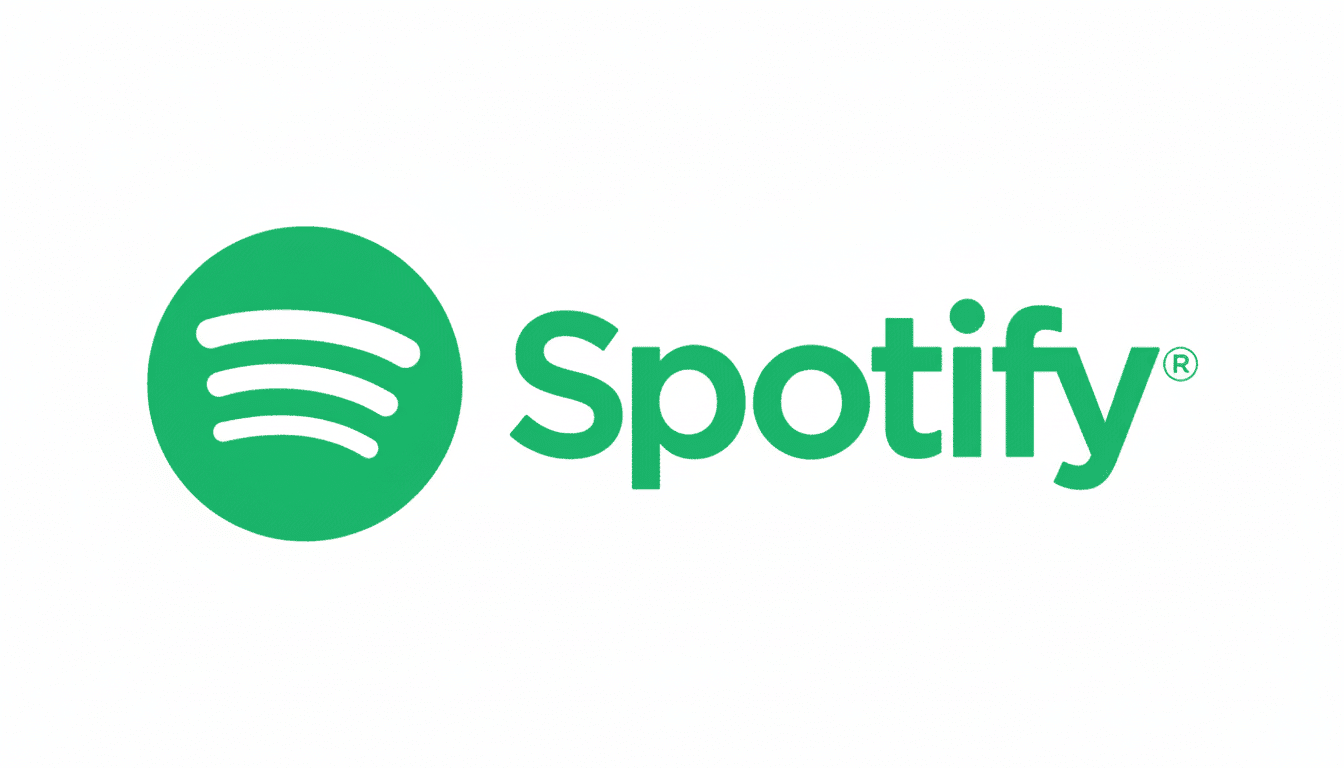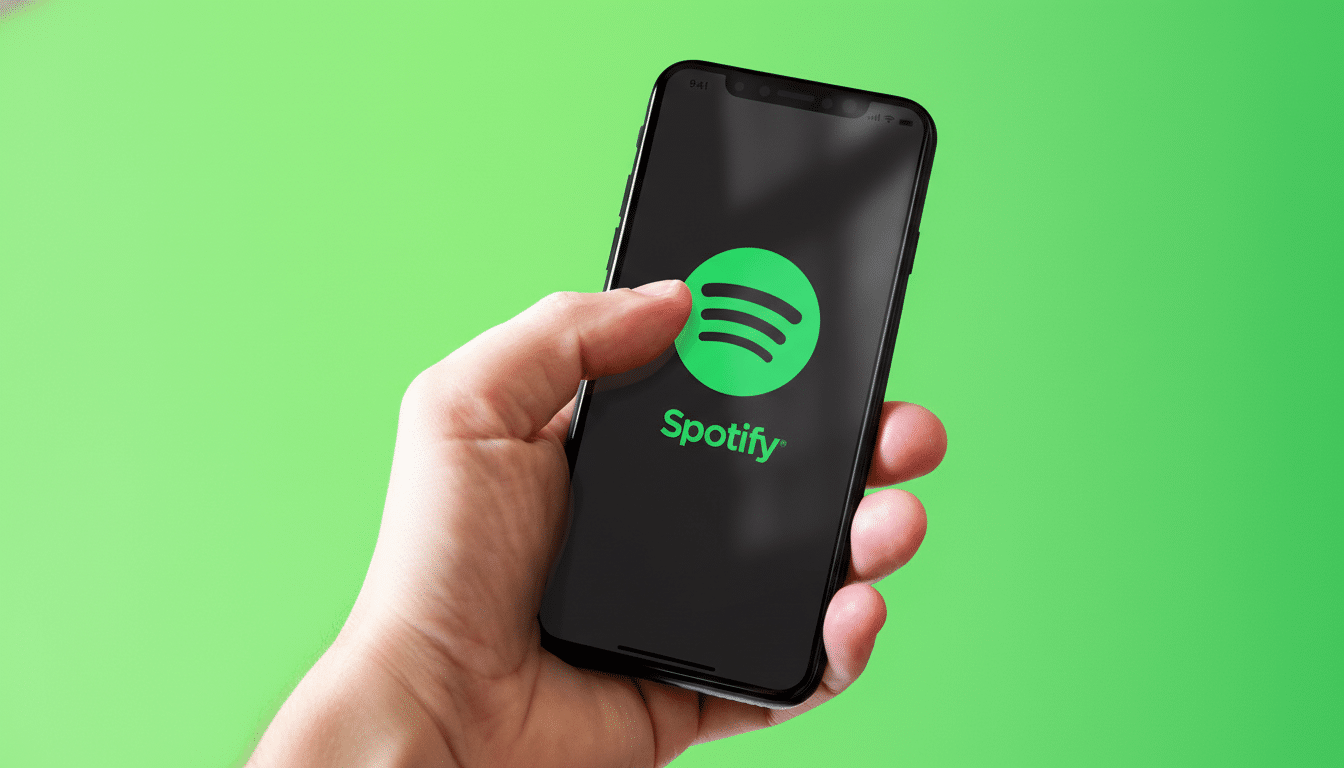ChatGPT now has a direct link to your Spotify account—and that means creating playlists, playing tunes, and receiving recommendations based on your real-life listening habits.
The setup will take a minute, and once it’s linked, the assistant can transform an abstract idea — “upbeat work focus tracks with no lyrics for 2 hours” — into a Spotify playlist that you can open right away.

What you can do once you’re connected and ready
Once you have given ChatGPT permission to access your likes and listening history, the A.I. can make personalized recommendations, create and modify private playlists, add or remove songs from your library, follow artists, and control playback on Spotify. It can also recommend podcasts, with an added feature that will tweak recommendations by mood, activity, and length — handy for planning, say, a 45-minute run or a three-hour road trip.
The experience mirrors natural conversation. Request “underground techno like my most-played artists, but slower” or “podcasts about climate tech for under 30 minutes,” and the assistant will pull in options suited to you. Tap on a recommended track, playlist, or episode to open it in the Spotify app immediately.
Connecting Spotify to ChatGPT step by step
- Open ChatGPT on the web or on mobile and begin a new conversation.
- Include the name of Spotify in your prompt, like “Create a chill jazz playlist in Spotify” or “Use Spotify to discover new indie folk.”
- Select the “Use Spotify for this answer” button when it pops up and the authorization process will begin.
- Log in with your Spotify account and check the permissions from the consent screen. OK: authorize connecting the two accounts using Spotify’s official OAuth flow.
- Go back to ChatGPT and accept the connection. Here you can request recommendations, create playlists, organize your library, and control playback.
To disconnect at any time, go to ChatGPT settings and select to remove Spotify among connected apps. You can also remove ChatGPT from the list of authorized apps in your Spotify account settings.
Smart prompts to try with your connected Spotify
“Create a 90-minute road trip playlist combining my most-played 00s pop with new indie tunes, no explicit lyrics.”
“Suggest five deep-cut jazz albums using what I saved last month, and then add standout tracks to a new playlist.”
“Queue a productivity session with instrumentals related to my top artists at 70–90 BPM.”
“Discover interview-style podcasts on startup fundraising under 40 minutes and follow the shows I’ll like.”

Privacy and data use when linking Spotify to ChatGPT
When you connect, you are granting ChatGPT access to a subset of your Spotify data: your liked songs and saved albums, followed artists, and playback history, as well as technical signals such as your IP address and approximate location.
Permissions are displayed on the consent screen and you may revoke them at any time.
Spotify says OpenAI doesn’t share artists’ and creators’ content (music, podcasts, media) on the platform for model training. And of course, like any third-party connection, there’s lingering risk if the connected service has a security incident somewhere down the line, so check out that privacy policy and only accept scopes you’re cool with.
Availability and who benefits most from the integration
The integration is being offered in the English language across 145 countries for web and mobile ChatGPT Free, Plus, and Pro users. Free and Premium Spotify accounts are supported; the results are usually more personalized for Premium listeners, since they have a wider selection of music to play and richer engagement signals.
If you’re not seeing the prompt to use Spotify, be sure that you can see it on the latest version of the app — and also try asking for Spotify explicitly in your request. The feature triggers contextually when ChatGPT senses the response could be improved by information or actions from Spotify.
Why it matters for everyday music listeners and fans
Streamed music accounts for the bulk of recorded music revenue worldwide, according to the International Federation of the Phonographic Industry, and Spotify serves hundreds of millions of listeners each month. Filling that scale with a conversational assistant is a modest if useful upgrade: Instead of jumping between apps and searches, you can describe what you’re after and get something to play.
It is also part of a wider move to app actions within chat assistants. In addition to Spotify, companies such as Expedia, Coursera, Booking.com, Canva, Figma, and Zillow will now generate native responses in ChatGPT. Music and podcasts were an easy fit: tastes are personal, context can change by the hour, and discovery happens when the assistant knows your history along with your current mood.
Bottom line: plug and play, ask freely, and let ChatGPT worry about the friction between taste and playback. For listeners whose days are coordinated by playlists, this translates a few sentences into a soundtrack.

